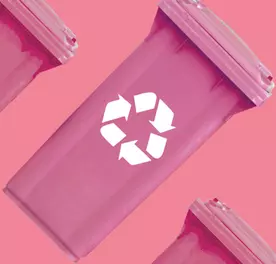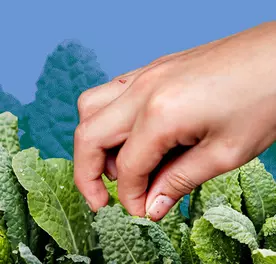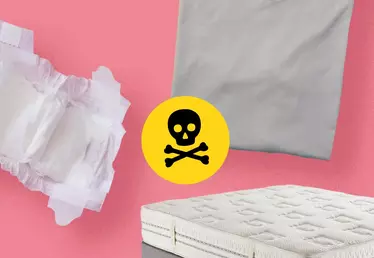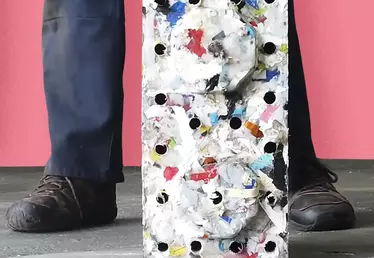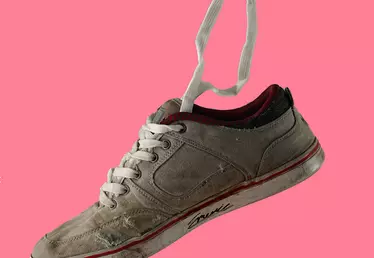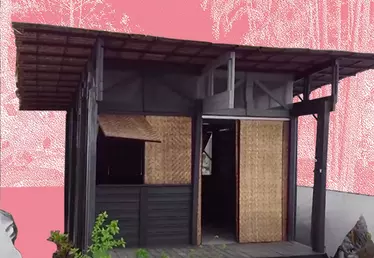

Hero banner custom title
Towards zero waste: 100% biodegradable coffee pods
3 min
To tackle the issue of non-recyclable coffee pods, the French company Cosy Coffee has devised 100% natural vegetable fiber pods that can be composted at home.
Over the last 10 years they have invaded homes and offices. According to Le Monde, in France more than half of all the coffees made at home use coffee pods. Globally, the figure is even more impressive:
Globally, the figure is even more impressive:
Every minute 39,000
coffee pods are used!
But this success has a price... for the planet. 70% of coffee pods sold are not recycled because they use an aluminum and plastic composite, which makes recycling complex.
To limit the volume of this waste, some brands have established specific recycling channels or developed industrially compostable pods. The problem is that in order to be composted, the pods have to be processed in a factory and heated to 60°C. It’s an unsatisfactory solution because this industrial scale compost itself creates its own carbon footprint...
The solution? Cosy Coffee’s is well worth consideration. This French company has designed a 100% natural, biodegradable coffee pod that can be composted at home.
Home composting
The pods are made from a mixture of sugarcane fiber, bamboo and pulp. Thanks to their natural composition, they can be directly discarded after use in a traditional compost bin or simply thrown in the trash.
In either case, moisture helps the pod to decompose naturally without any treatment at all. Spread around houseplants or even in the garden, it becomes an excellent natural fertilizer.
According to Florian Gerbier, co-founder of Cosy Coffee, the composting process takes an average of six weeks. And after 90 days, the pods have completely disappeared.
For now, the brand delivers its pods – containing coffee roasted in France - in a plastic bag to ensure they store well. Ultimately, however, it hopes to adopt greener packaging. Another way of managing coffee waste circular economy style!


